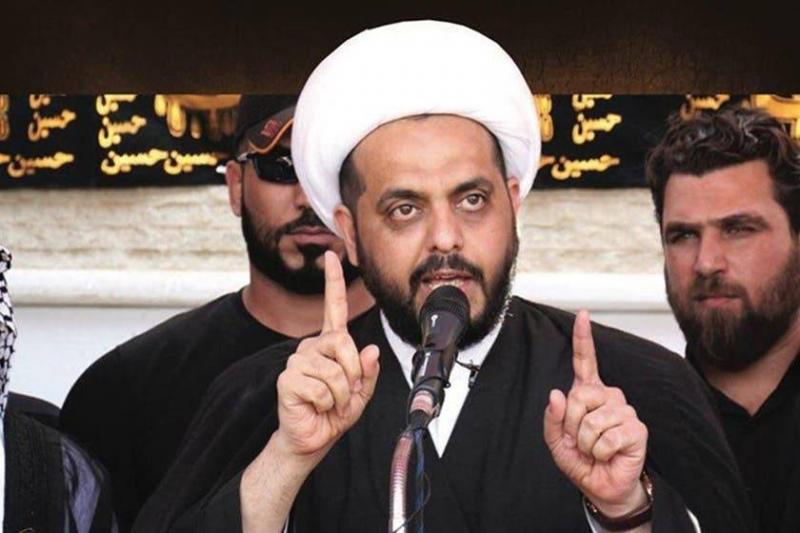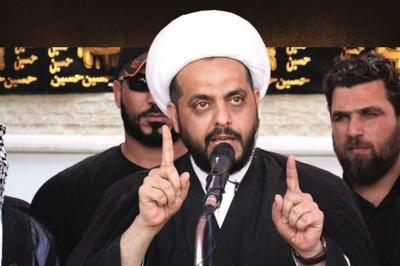After Iraqi armed factions allied with Iran vowed to retaliate for US strikes on the Iraqi-Syrian border, which resulted in the deaths of four members of the Popular Mobilization Forces, some of these groups began to distance themselves. Following the Iraqi Hezbollah Brigades and "Sayyid al-Shuhada Brigades," the turn came for the Iraqi Hezbollah Brigades. Abu Ali al-Askari, known as the security official for the Hezbollah Brigades, disavowed the attacks near the US embassy last Wednesday night, asserting in a tweet yesterday evening that targeting diplomatic missions is unacceptable. He also indicated that the factions decided not to target the US embassy in Baghdad.
Additionally, he called for the preservation of the "rules of engagement," confirming that the decision to attack US forces is not linked to an external party (referring to Iran, which supports these factions). At the same time, he threatened that any retaliation to a response would be severe, sending an indirect message to Washington not to execute further strikes against these militias, especially along the Iraqi-Syrian border.
Prior to Hezbollah's statement, the leader of "Asa'ib Ahl al-Haq," Qais al-Khazali, confirmed that the US embassy had not yet entered the equation of retaliation. Likewise, a spokesperson for "Sayyid al-Shuhada Brigades" previously noted that there is a difference between the embassy and the military base located nearby.
Measured Escalation
This ongoing disavowal over the past two days by factions orbiting Iran and supported by it suggests that there is no Iranian decision for military escalation on Iraqi soil, particularly given the stagnation of nuclear negotiations in Vienna, which were supposed to enter their seventh round at the beginning of this month (July). In this context, Hamdi Malik, an associate fellow at the Washington Institute specializing in armed Shiite factions in Iraq, previously stated to Reuters that "these factions have a green light from Tehran for measured escalation, especially as the nuclear negotiations are not going well, but at the same time, they do not want to escalate beyond a certain point, nor do they want to complicate the ongoing nuclear negotiations with the West."
It is noteworthy that since the beginning of 2021, US interests in Iraq have been targeted by over 45 attacks, where 2,500 US troops are stationed as part of an international coalition to combat ISIS.




